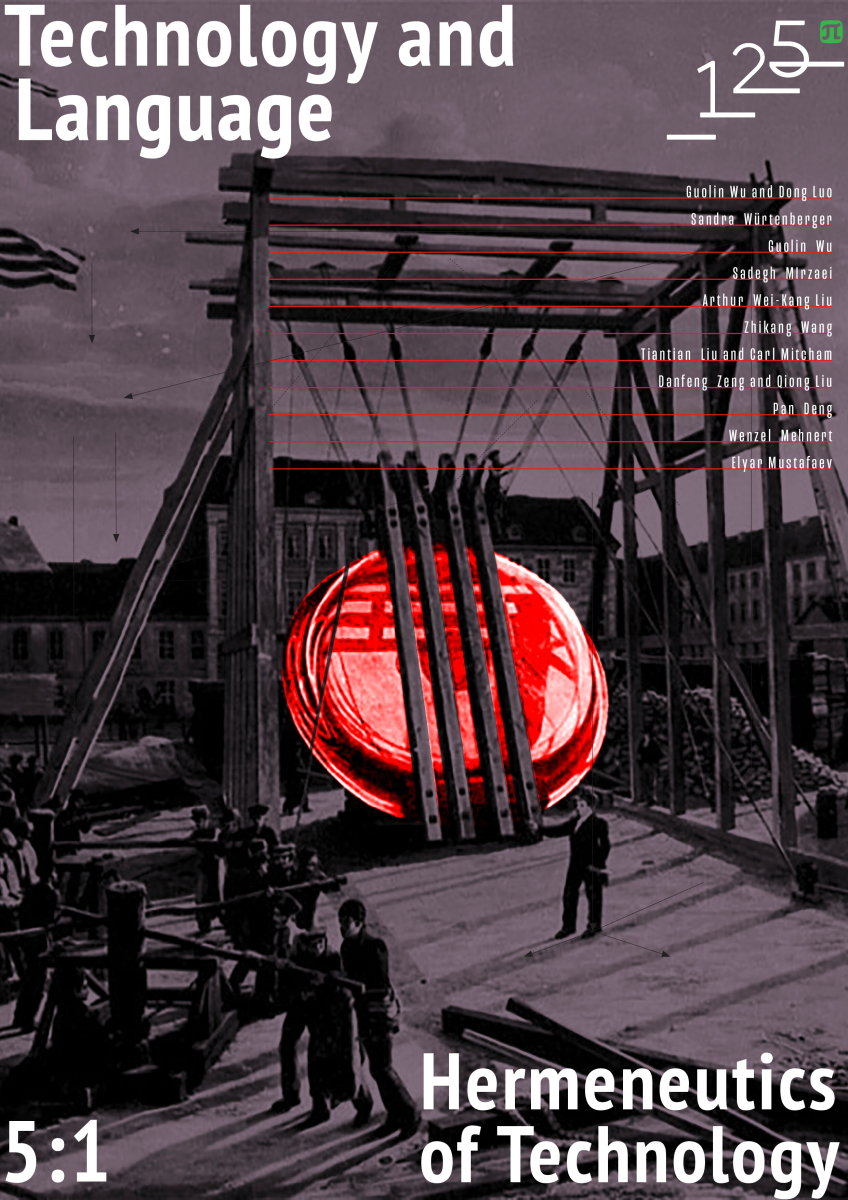A Socio-Technical Inquiry into the Olbanian Language
The article aims to analyze some of the main features of the Olbanian language which became popular on the Russian Web during the period of the 2000’s, when the Internet had already become a relevant means of communication and it was necessary to transmit a maximum of information using a minimum of time. It was online communication that spawned the trend of mass language distortion to minimize the intellectual expenses required for writing. This was the main reason why the Olbanian words and expressions was widely recognized by Internet users. In the article authors trace the history of the Olbanian language and draw the causal relationship between the Olbanian language and the specifics of the era which spawned it. This is considered not only as a linguistic phenomenon but also as a peculiar sign of the time and one of the direction in which the regular Russian language started to change and adapt. As a result of the study of Olbanian as a linguistic phenomenon, the authors conducted a linguistic analysis of Olbanian words and expressions, which revealed such features of word formation as: frequent use of double letters, replacement of a sound with a corresponding one, transliteration of foreign words, acronyms of set expressions, merged spelling of phrases, reverse transliteration. Situations will be pointed out in which well-established Olbanian are used. It will be addressed that the distortion of the literary language occurs in other countries as well (in such online languages as English LOLspeak and German Vong-Sprache). After reviewing the examples of literary works in Olbanian, the article will conclude by arguing that they can be attributed to an entertaining genre, which is clearly relevant due to people’s attempts to move away from the established linguistic structure and rules of the literary language.



